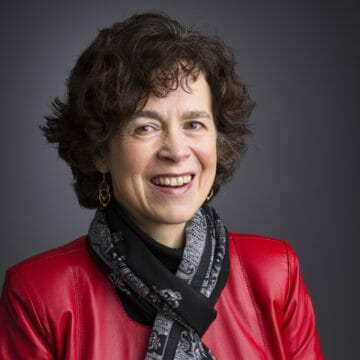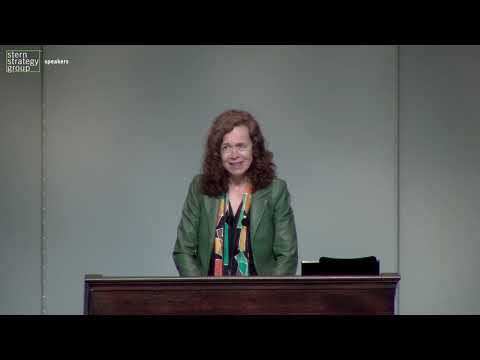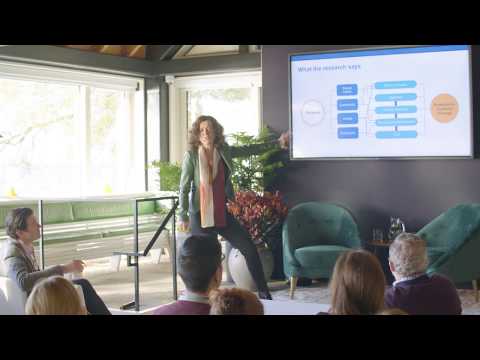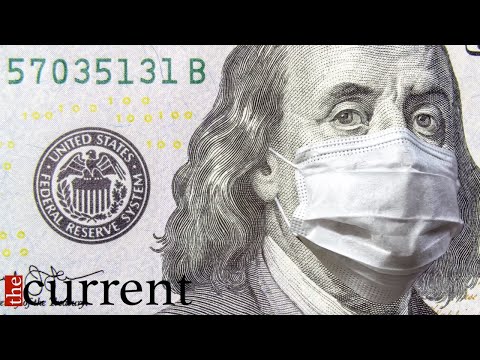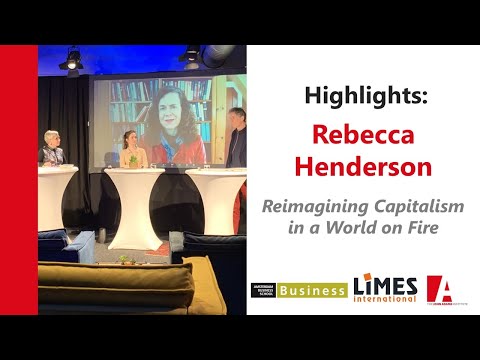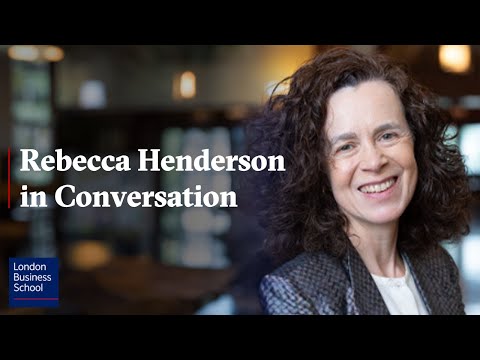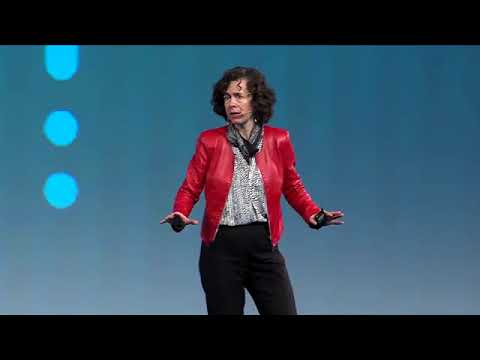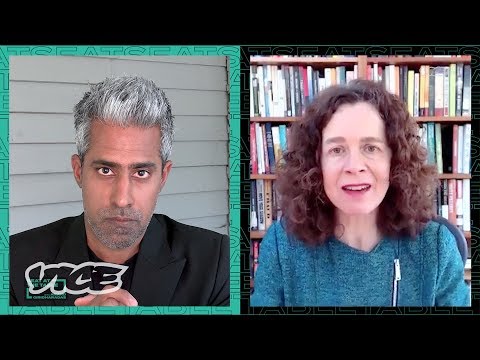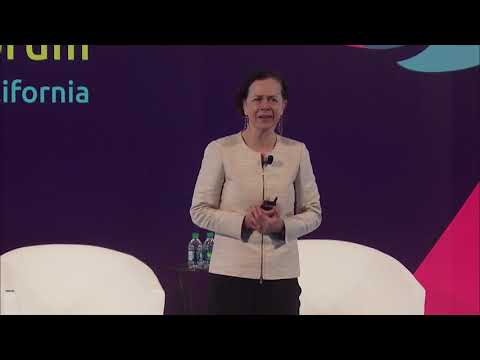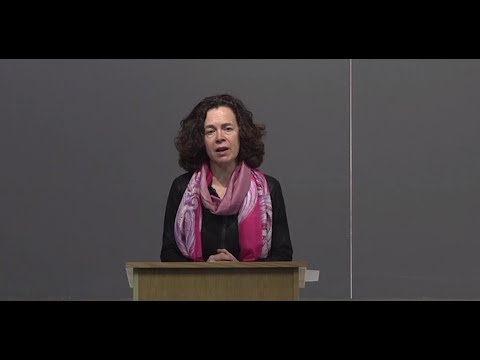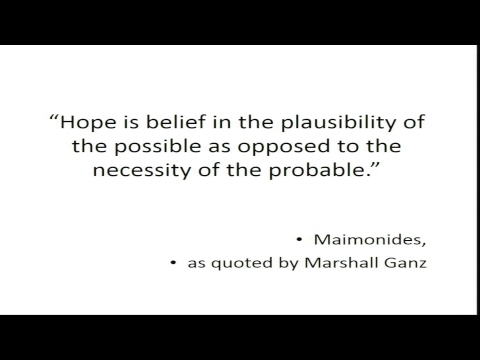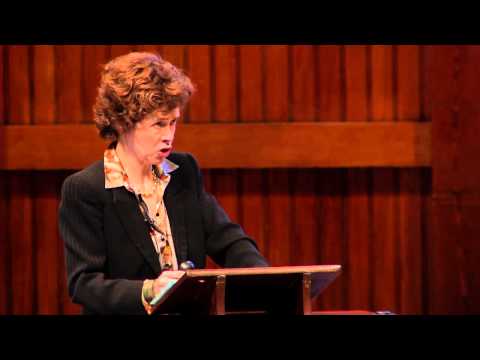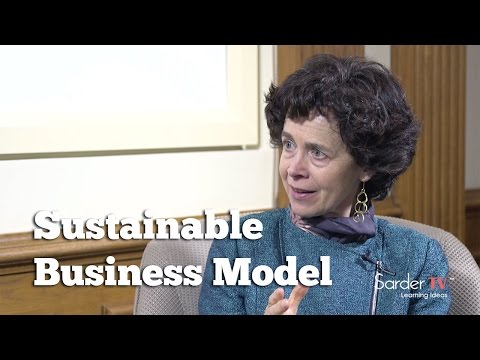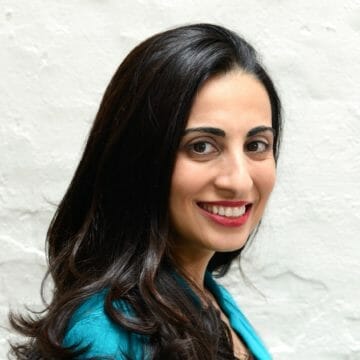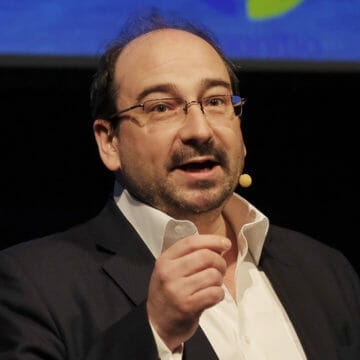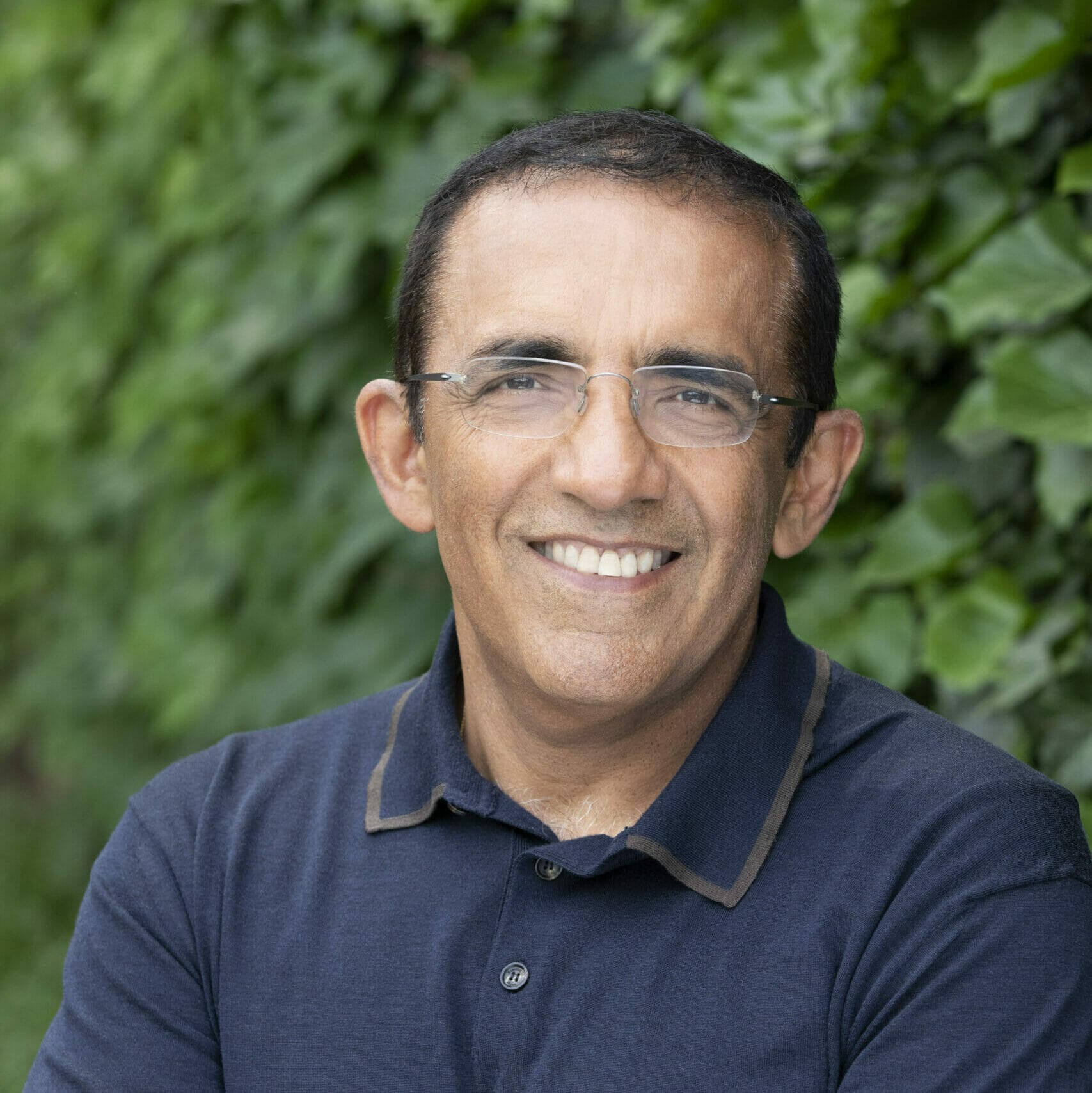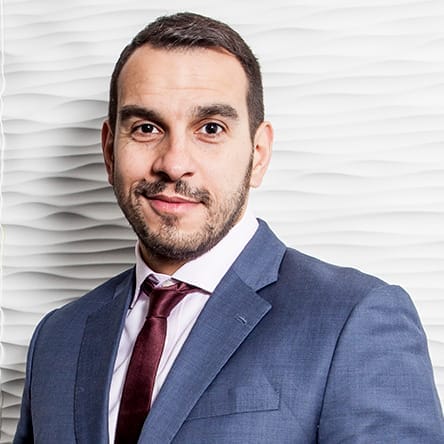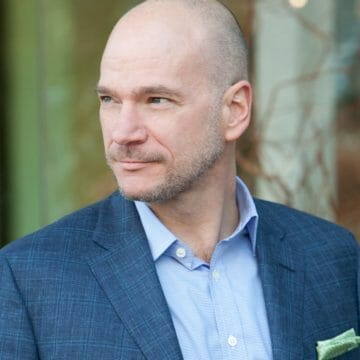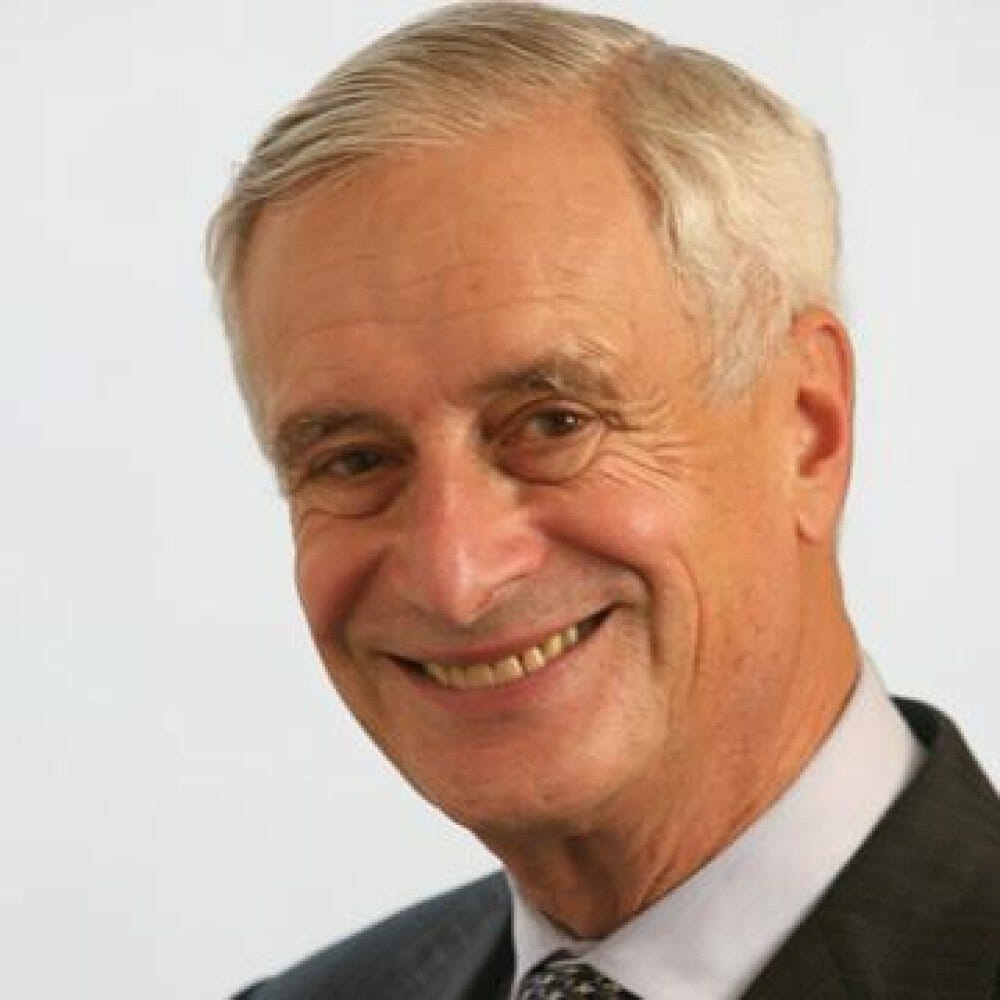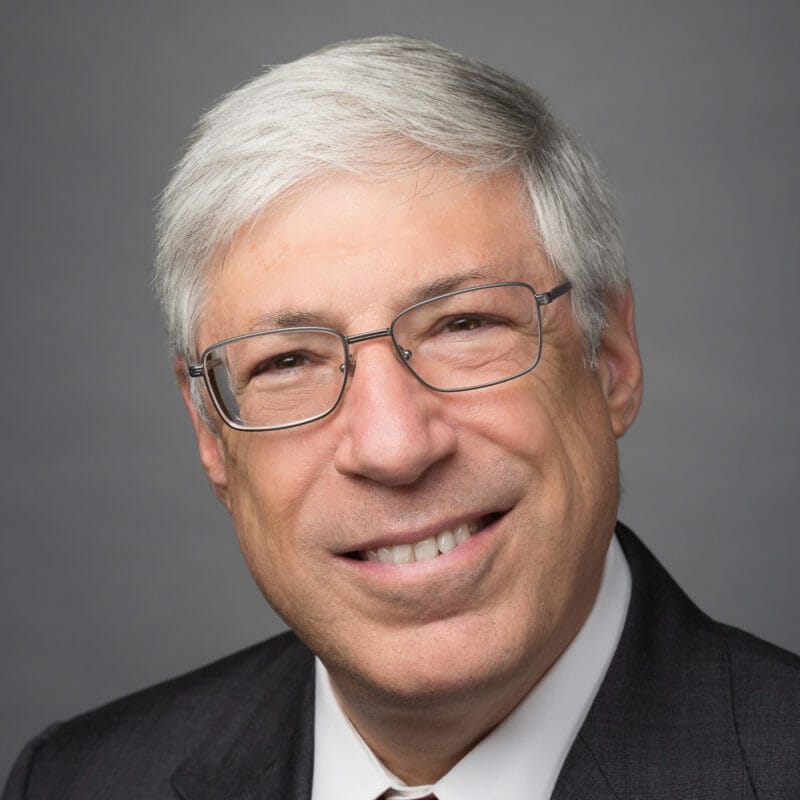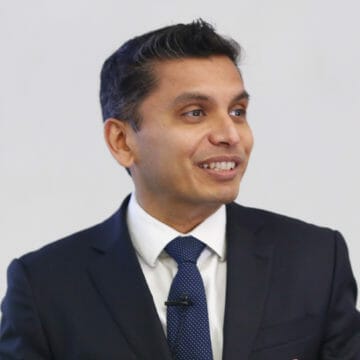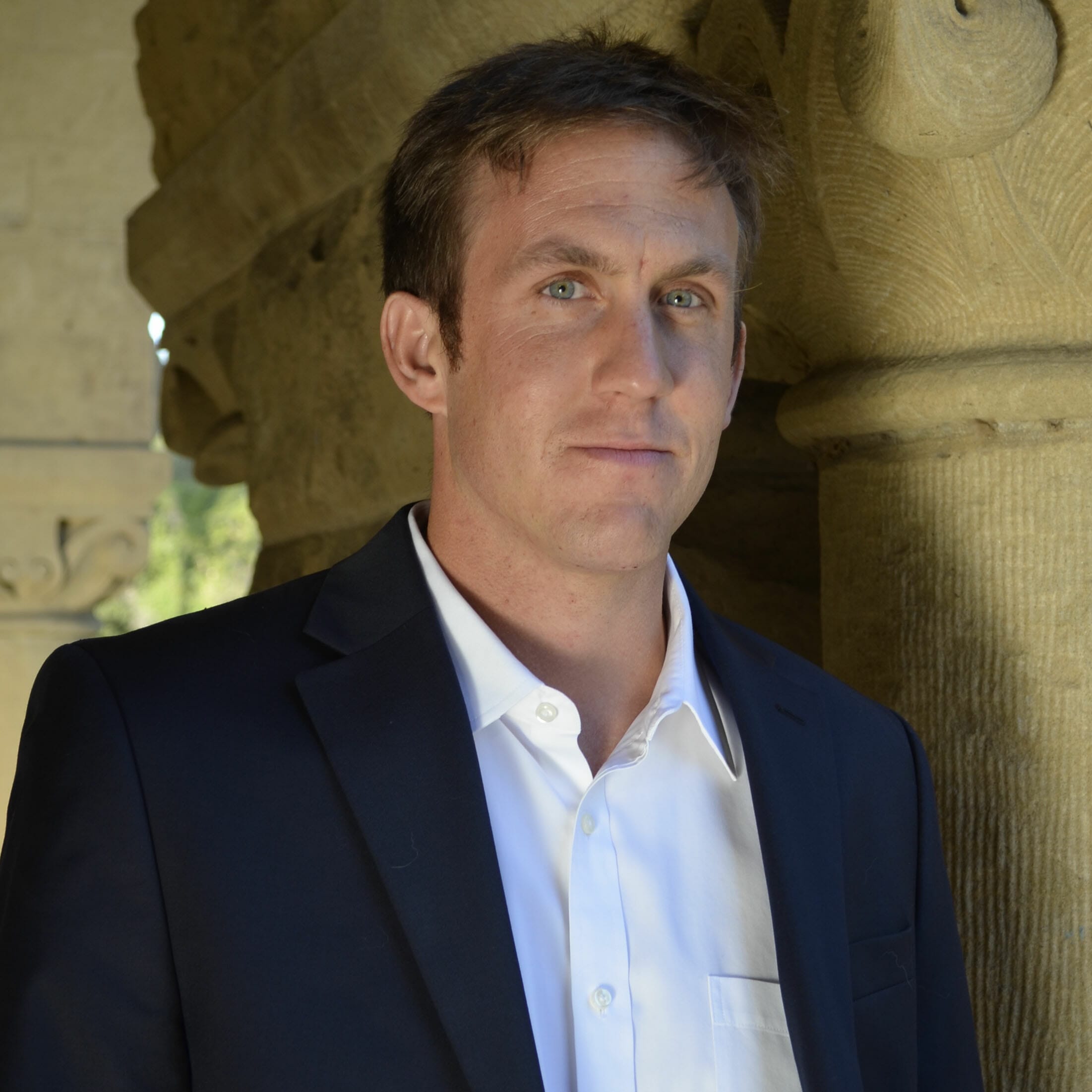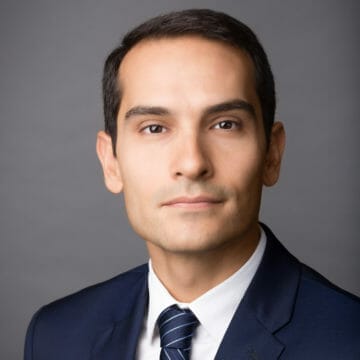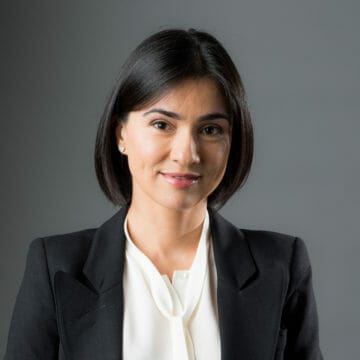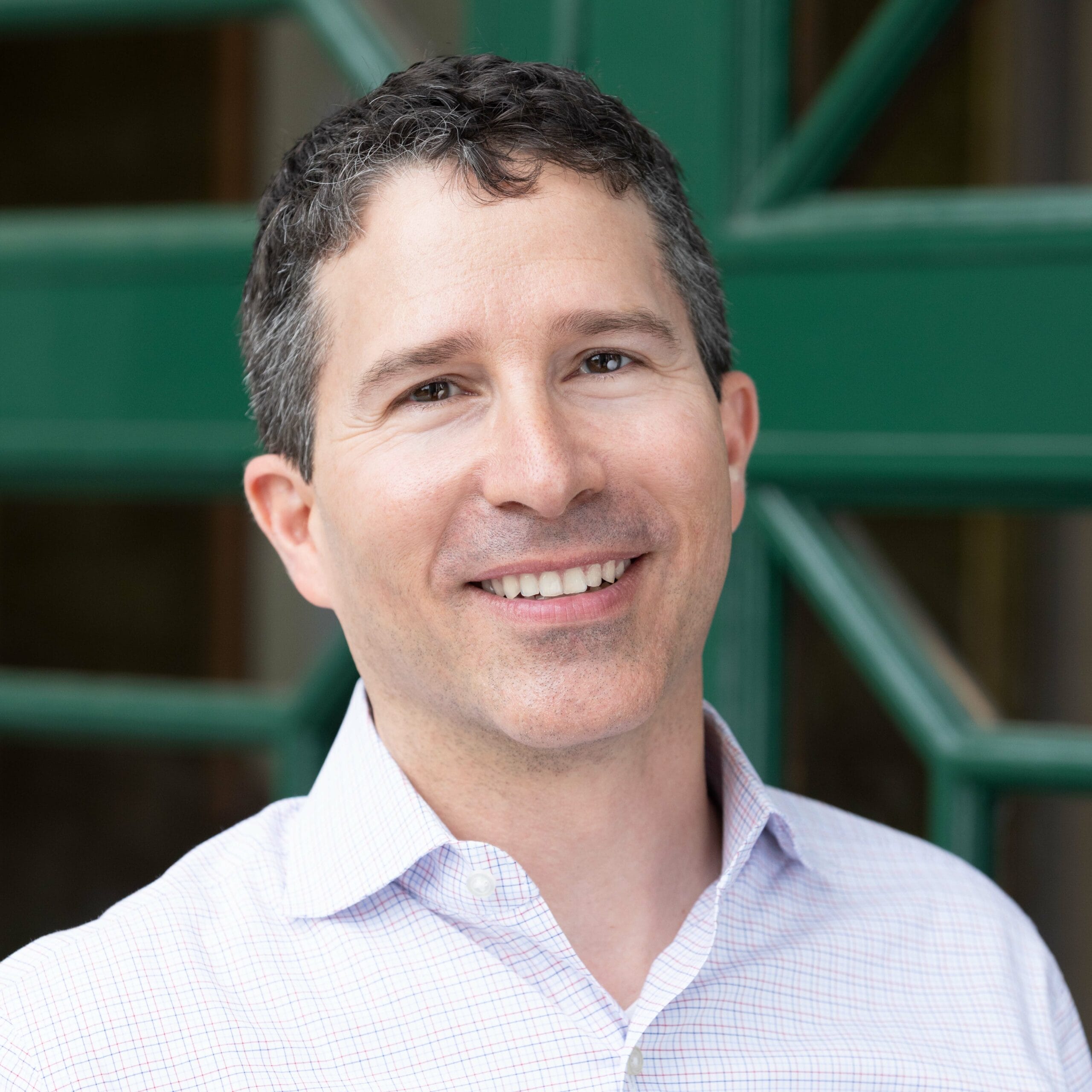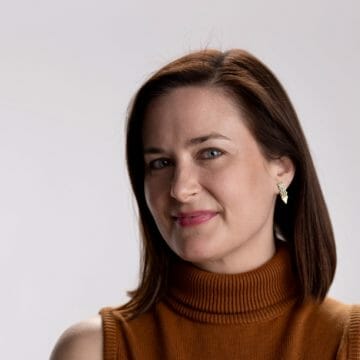Videos
Learn More About Rebecca Henderson
Some organizational leaders, particularly CFOs and COOs, may be surprised to learn that focusing on sustainability can drive long-term growth and yield high returns.
Those in doubt need only speak to Harvard Business School (HBS) Professor Rebecca Henderson who sees leading energy, pharmaceutical, IT, materials and CPG firms already profiting from purpose-driven practices while positioning themselves for long-term growth. Henderson strongly encourages other businesses to follow their lead, not just for the health of their bottom lines but for the health of the planet they rely on now and will rely on tomorrow to support their long-term plans.
In her newest book, “Reimagining Capitalism in a World On Fire” (Public Affairs, April 2020), which was named a Financial Times Best Business Book of the Year, Henderson draws on her years of research into organizational change, innovation and disruption to make a case for a new, more balanced form of capitalism.
“Capitalism is one of the great inventions of the human race and over the last hundred years it has generated enormous wealth and freedom,” says Henderson. “But in its current incarnation, it has become radically unbalanced. Too large a percentage of recent gains have gone to the top 1%, we’re at risk of destabilizing the climate and we seem unwilling to address widespread inequality. We need to take a good hard look at the rules that control capitalism and recalibrate.”
Henderson, The John and Natty McArthur University Professor at Harvard University, with a joint appointment in HBS’s General Management and Strategy Units, has seen firsthand how thinking around sustainability can drive growth by widening a firm’s vision and building trust and engagement among customers, employees and suppliers.
Drawing on examples from a wide range of companies including Walmart, King Arthur Flour and Unilever – firms who have built strong business models around adopting “high road” employment models while tackling our environmental problems – Henderson outlines four areas where companies are gaining a competitive edge while protecting people and the planet:
- Brand Awareness – Social media can either hurt a company’s reputation or drive positive reviews. Companies focused on sustainability and fair employee practices consistently receive accolades and earn customer loyalty, online and off, and loyalists are often willing to pay a premium for their products and services.
- Supply Chain – If your company’s products rely on natural materials, its long-term growth is inextricably tied to protecting and regenerating those resources, as well as supporting the people who grow them.
- Efficiency – Companies that invest in efficient buildings and systems reap high returns, creating a win-win for the environment and the bottom line.
- Employee Loyalty – Environmentally-conscious companies attract like-minded employees who are more passionate, creative, loyal and invested in long-term success. Treating them fairly and paying them well strengthens that loyalty.
When it comes to driving large scale change, Henderson strongly believes the private sector has the power and must pressure slower-moving governments into developing and enforcing responsible policies. She also sees self-regulation within private sector industries as a healthy way to navigate the changes collectively. Such cooperation gives businesses a voice in developing better practices without hurting their bottom lines, while also creating a collaborative forum for uncovering new opportunities.
Marveling at the fact that 1000 firms control 70% of GDP, Henderson sees a prime opportunity for a handful of smart trailblazers to set an example for the rest.
“If a small percentage of those firms chose carbon-based pricing or opted not to deal with corrupt partners, they would no doubt pull others into the current,” says Henderson. “This is a great moment for businesses to balance power with responsibility, to heal the world while keeping themselves positioned for long-term success. We all have families and friends too, so the investment goes beyond our companies and jobs.”
Professor Henderson leads the required MBA course “Leadership & Corporate Accountability” and teaches in HBS’s Executive Education program. She has advised some of the world’s leading companies in the sustainability space. Henderson is a member of the board of IDEXX Laboratories and she served as a member of the board at Amgen Inc from 2009 to 2020. In 2019 the Financial Times named her one of its three directors of the year.
Henderson’s work has been featured in a range of scholarly journals including Administrative Science Quarterly, The Quarterly Journal of Economic and the Strategic Management Journal. She speaks frequently to companies and in public forums around the world. Her previous book entitled “Leading Sustainable Change: An Organizational Perspective” was published by Oxford University Press in March 2015. It centers on how large complex organizations are undertaking changes to become more sustainable. She also contributed to “Accelerating Energy Innovation: Insights from Multiple Sectors” (University of Chicago Press, May 2011). Previously, she was the Eastman Kodak Professor of Management at the Sloan School of the Massachusetts Institute of Technology (MIT) where she ran the strategy group and taught courses in technology, strategy and sustainability. She received an undergraduate degree in mechanical engineering from MIT and a doctorate in business economics from Harvard.
Rebecca Henderson is available to advise your organization via virtual and in-person consulting meetings, interactive workshops and customized keynotes through the exclusive representation of Stern Speakers & Advisors, a division of Stern Strategy Group®.
Reimagining Capitalism in a World on Fire
The emergence of capitalism as the primary system for organizing economies and generating prosperity has taken root across the globe. But can it be a force for tackling the biggest challenges our burgeoning population faces, namely the threats posed by global climate change and finite resources on the planet? Rebecca Henderson believes that not only does capitalism have a role to play, but it is uniquely qualified to harness the enormous intellectual, technological, financial and motivational resources that humankind can bring to bear on these challenges. However, the framework of private enterprise, along with enlightened state and intergovernmental factors, require a fundamental re-imagination. Professor Henderson illuminates how this important debate is unfolding and its impact on the future of sustainable business.
Sustainability as a Fulcrum for Corporate Innovation
Driving innovation for organic growth is always challenging for companies, says Rebecca Henderson. But it is especially hard when new markets often look less profitable than existing ones and all organizations become increasingly comfortable with the status quo. Yet, leading companies are finding that the immense challenges posed by climate change and the need to use resources more efficiently provide the essential stimulus to focus and act in new ways. Professor Henderson explains how business’ commitment to solving “big problems” can unlock not only tremendous enthusiasm amongst employees, but also exactly the kind of creative thinking and commitment to work across organizational boundaries that is at the root of most significant innovation. She shares stories of companies such as Unilever that are getting it right—often using a big overarching game plan, like becoming a leader in creating sustainable solutions—to catapult the company into a new direction.
Coaxing Organizations to Do New Things
Throughout her career, Rebecca Henderson has been fascinated by the difficulties that large, well-established companies encounter as they attempt to leverage technological innovation to reinvent themselves. In many industries, incumbents have seen new entrants come in, either entrepreneurial firms or established players from other industries, and yet they cannot respond effectively to these disruptors. Professor Henderson digs deep to uncover why it is so hard, examining the strategic, organizational and behavioral shifts that can help managers create the right conditions for discontinuous change to occur.
“If you watch only one talk from Countdown, make it Rebecca Henderson’s about reimagining capitalism — not throwing it away or replacing it, but fixing it. Free and fair markets are one of the best tools we have to move forward, but they need to be truly free and fair and right now they are neither. “As Rebecca says, ‘This is not the capitalism I signed up for.'”
Praise for "Reimagining Capitalism"
“'Reimagining Capitalism in a World on Fire'…should encourage a new era of co-operation & collaboration between government, business & communities of individuals.”
“The COVID-19 pandemic has given the ideas in… ‘Reimagining Capitalism in a World on Fire’…a perverse timeliness, making these issues not only relevant, but even appealing, to people who previously may not have touched them with a 10-foot pole.”
“In engaging and refreshingly candid writing, Henderson sets out her vision of equitable and sustainable capitalism and enumerates the changes needed to get us there….Her blueprint may sound impossible, yet Henderson’s optimism is founded on deep expertise as a scholar who has worked closely with corporate leaders.”
“Coupling detailed accounts from companies taking strides toward redefining capitalism with her own rich understanding of the potential of modern businesses, Henderson makes a compelling argument that capitalism as we know it is a missed opportunity, and builds the framework for business to prosper while complying with environmental factors and championing social justice.”
“[A] lucid and optimistic manifesto…. [Reimagining Capitalism in a World on Fire] accessible and richly detailed call to action offers a clear vision for policymakers and business executives who agree with Henderson that the private sector has an obligation to tackle the world’s biggest problems.”
